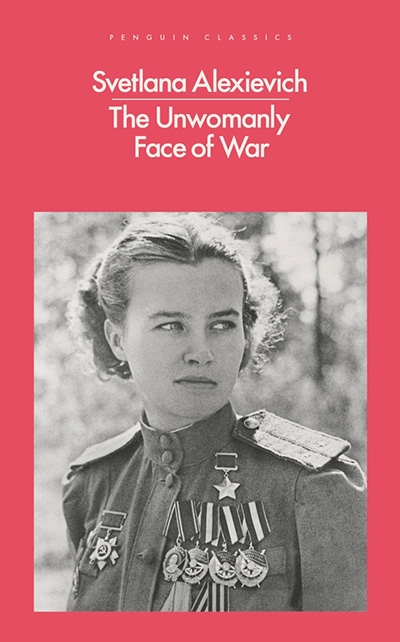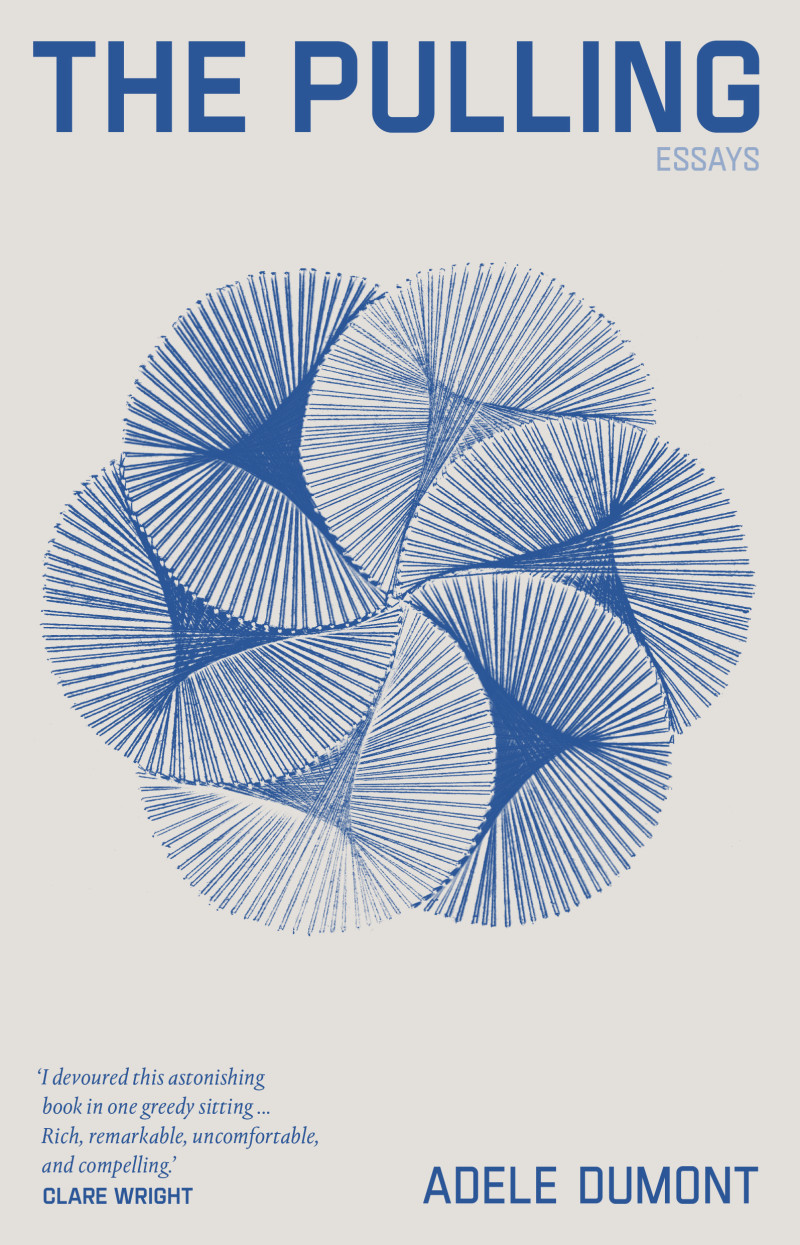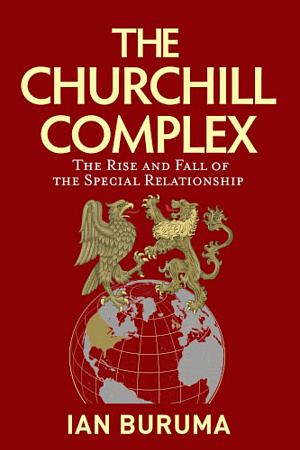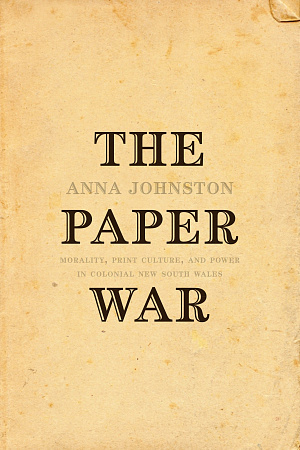The Unwomanly Face of War
Penguin Classics, $29.99 pb, 372 pp, 9780141983523
The Unwomanly Face of War by by Svetlana Alexievich, translated by Richard Pevear and Larissa Volokhonsky
When Svetlana Alexievich won the Nobel Prize in 2015, the response in the Anglophone world was general bewilderment. Who was she? The response in Russia was the opposite: intense, personal, targeted. Alexievich wasn’t a real writer, detractors said; she had only won the Nobel because the West loves critics of Putin.
Alexievich is kind of a journalist, kind of a social historian. What makes her work different, and important, is that she collects the voices of real people, collates them, and redistributes them, without imposing narrative or explanation. Even biographical information is scant. There is enough to give the speaker authority, but not enough to construe character or personality.
Continue reading for only $10 per month. Subscribe and gain full access to Australian Book Review. Already a subscriber? Sign in. If you need assistance, feel free to contact us.











Comment (1)
Miriam Cosic does suggest there might be an explanation for awarding this prize in literature to a “kind of a journalist, kind of a social historian”- the first non fiction, she might have pointed out, since Churchill in 1953- “The response in Russia was the opposite: intense, personal, targeted. Alexievich wasn’t a real writer, detractors said; she had only won the Nobel because the West loves critics of Putin”. And if she wasn’t so hostile to Putin’s Russia, Cosic would have followed this up.
Alexievich has no popular following in Russia. By contrast, previous Russian winners of the literature Nobel— Bunin, Pasternak, Solzhenitsyn, Sholokhov—are
still household names. She is regarded as an ethnic Ukrainian with Belarusian citizenship writing in the Russian language, whose output consists mainly of poorly disguised political polemics.
Leave a comment
If you are an ABR subscriber, you will need to sign in to post a comment.
If you have forgotten your sign in details, or if you receive an error message when trying to submit your comment, please email your comment (and the name of the article to which it relates) to ABR Comments. We will review your comment and, subject to approval, we will post it under your name.
Please note that all comments must be approved by ABR and comply with our Terms & Conditions.